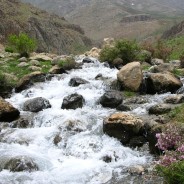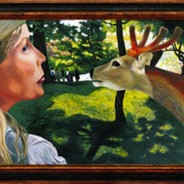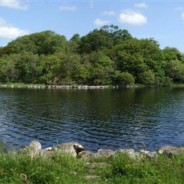Last Night as I Was Sleeping
Twice recently I have come across this haunting and joyous poem by the Spanish poet, Antonio Machado. In the translation by Robert Bly it begins: Last night as I was sleeping, I dreamt – a marvelous error! – that a spring was breaking out in my heart. I said: Along which secret aqueduct, Oh water, are you coming to me . . . Looking around a little, I’ve seen some differences in the translation–especially in the second line. The original Spanish word translated as error is ilusion and can also be translated as vision. I dreamt – a marvelous vision! – a blessed vision! – that a spring was breaking out in my heart. Either way – so many possibilities here. I love the idea of the water inside. It reminds me of a retreat center I visited once. The place was a house with a central courtyard and in the courtyard was a garden with a pond. I’m not a good meditator. But I tried a couple of meditation sessions there and when I did, and sometimes in the weeks and months after, I found myself imagining having that kind of courtyard inside my own self, with a pond. In Machado’s poem I like the idea that the water is moving. A spring. A secret aqueduct. Full poem can be found here. Photo from...
read more


